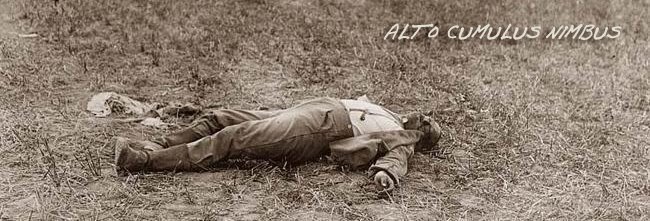
In the Kunsthistorisches Museum in Vienna, there is a medium sized room dedicated to the work of Pieter Bruegel the Elder. Among several of the most celebrated works by the 16th century artist, there is the remarkable Hunters in the Snow (1564). It is not a small painting, but not as big as you would think it to be. It is also much lighter than in reproduction, for while it is certainly a dark image, it is less the blacks and browns that dominate, and more the reds and greens; in this context the coldest and most inhuman of colours.
It is only incidentally a painting, only as a matter of historical necessity. In all aspects but the vulgarly technical, it is really the world’s first photograph. Its brutal cropping (the treetops lopped, the inn at the left foreground severed at the edges) is not prescribed by some proto-renaissance rules of composition but is simply due to the limited focal length of the lens. The indifference of the hunters, themselves neither figures of Heroism nor Romanticised Peasantry, the simultaneous levels of arrested narrative (the inn-keepers tending a bonfire, the winter fowl hungrily observing the world of man, the old woman on the bridge carrying a faggot on her back, the villagers practicing their various pastimes on the frozen pond), and the very fact that it is winter, therefore hibernation, therefore creative hiatus, therefore unrepresented, and yet all ripe for contemplation, refers entirely to photography in the traditions of Kertesz, Brassai and Cartier-Bresson.
Then there are all the peculiar geographic faults: granite spires reminiscent of Chamonix (Flanders is flat), the storks in a nest on the roof of one of the huts (storks migrate to Africa in winter), and the spectacular harbour that reaches out into the distance (there is no ocean in this part of the world). One may be inclined to dismiss such trivia as the compositional license of an artist inspired, but Bruegel is far too proud for a compromise so startling.
But look further: tilted on its side, so that the foreground makes up the bottom half, and with one’s eyes partially closed, the highest summit resembles a harsh Gallic nose. And the bird in flight: his thin-lipped mouth. Suddenly, this resemblance established, the figure falls into place. The thin, wispy hair, the high collar, the awkward posture… It is none other than the father of photography: Daguerre!








